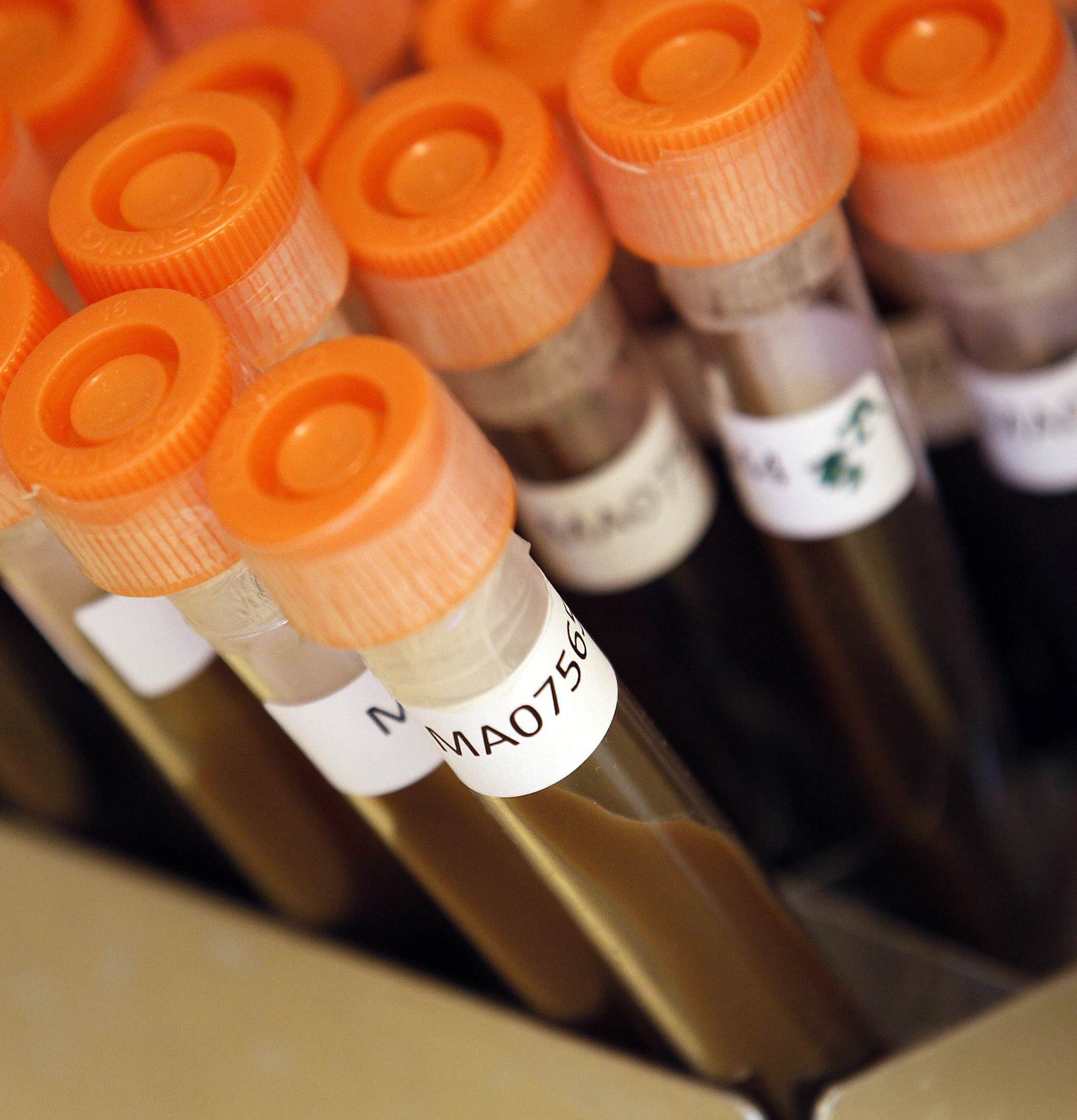Big business brains called in to fix doomed antibiotics market
The drugs don’t work—and neither does the market, when it comes to antibiotics. When sophisticated bugs that medicines used to kill within days start to fight back and win, all of health care, and the people it keeps alive, is in trouble. Take gonorrhoea, a sexually transmitted disease contracted by more than 100 million people a year: It used to be easily treatable but has now developed superbug strains that are drug-resistant and are spreading around the planet. That’s why British Prime Minister David Cameron launched a global review of the crisis last week, securing specific support from U.S. President Barack Obama and German Chancellor Angela Merkel.
This is […] not a science issue. This is an issue of markets and economics. A scientist would just get bogged down and not get it.
Britain’s chief medical officer Sally Davies
It is no accident that Cameron chose a big-hitting economic brain—former Goldman Sachs chief economist Jim O’Neill—to head the review. The key challenge for the review is in breaking the traditional link between payment and prescription volume. It takes about 15 years to develop a new drug, but the payback on an antibiotic prescription is minimal. Still, smart companies are starting to think ahead now: GlaxoSmithKline already has teams working through the implications and Roche is also going back into antibiotics. The Swiss firm last launched an antibiotic in 1982.

Business antibiotics